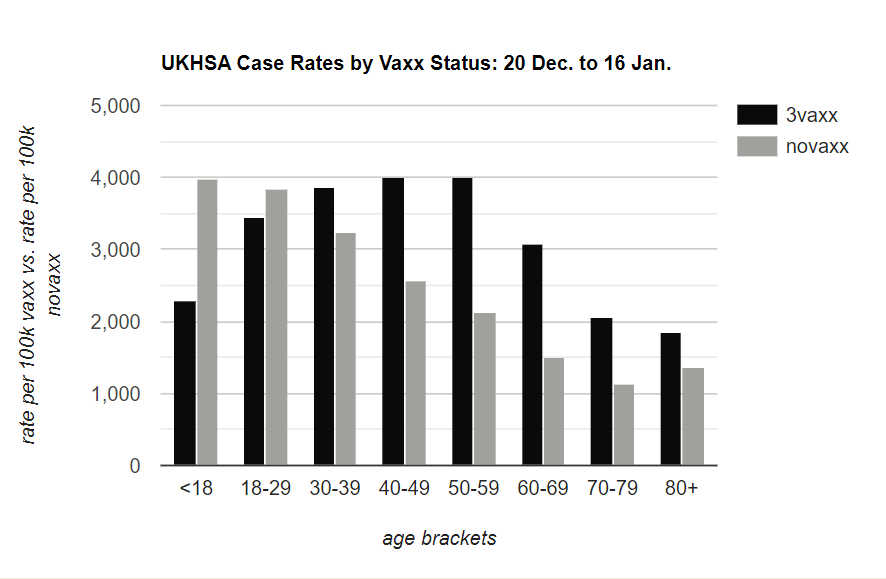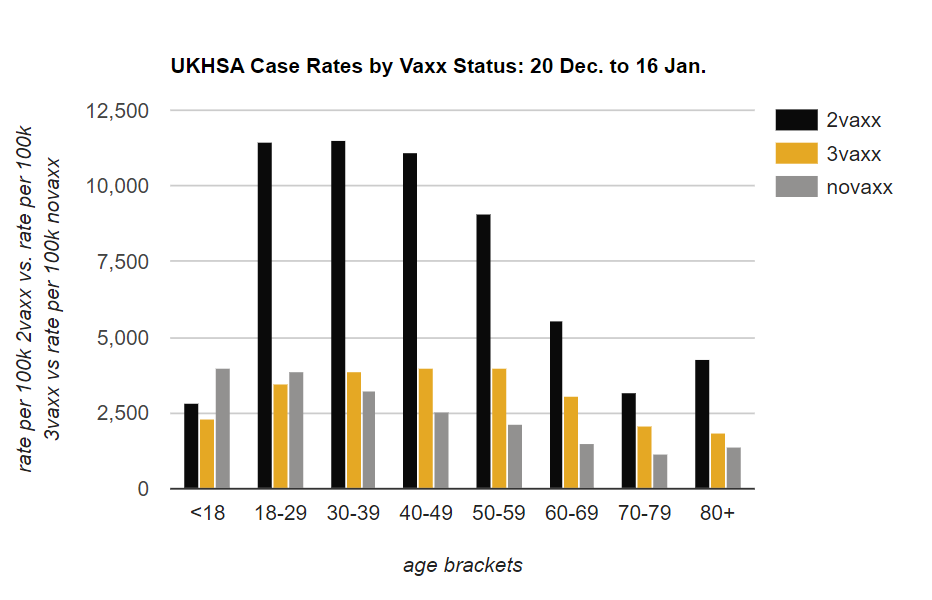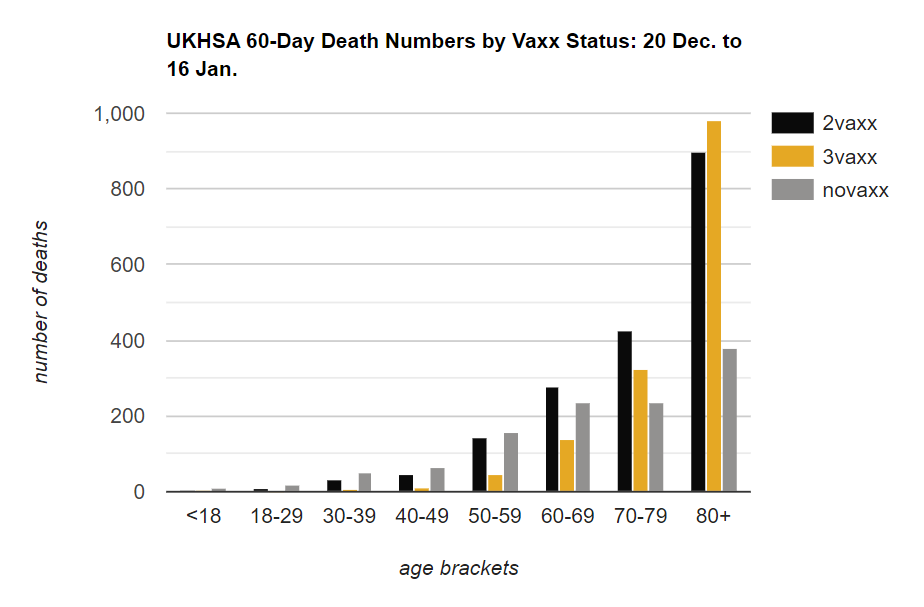
A coronavirus infection isn’t what it once was.
Studies suggest that, compared with Delta, Omicron is a third to half as likely to send someone to the hospital; by some estimates, the chance that an older person will die of covid is now lower than the risk posed by the seasonal flu.
Should we be focused on case counts at all? Some, even including Anthony Fauci, now argue that hospitalizations are now the more relevant marker of viral damage.
But that figure, too, is not quite what it seems.
Many hospitalized covid patients have no respiratory symptoms; they were admitted for other reasons—a heart attack, a broken hip, cancer surgery—and happened to test positive for the virus.
There are no nationwide estimates of the proportion of hospitalized patients with “incidental covid,” but in New York State some forty per cent of hospitalized patients with covid are thought to have been admitted for other reasons.
The Los Angeles County Department of Health Services reported that incidental infections accounted for roughly two-thirds of covid admissions at its hospitals.
Pediatric covid hospitalizations have also reached record levels, probably because Omicron’s transmissibility means that many more kids are contracting the virus; there’s little evidence that the variant is causing illness in them, though.
Clarifying the distinction between a virus that drives illness and one that’s simply along for the ride is more than an academic exercise.
If we tally asymptomatic or minimally symptomatic infections as covid hospitalizations, we risk exaggerating the toll of the virus, with all the attendant social and economic ramifications.
If we overstate the degree of incidental covid, we risk promoting a misguided sense of security.
Currently, the U.S. has no data-collection practices or unified framework for separating one type of hospitalization from another.
Complicating all this is the fact that it’s sometimes hard to distinguish a person hospitalized “with covid” from one hospitalized “for covid.”
For some patients, a coronavirus infection can aggravate a seemingly unrelated condition—a covid fever tips an elderly woman with a urinary-tract infection into delirium; a bout of diarrhea dehydrates a man admitted with sickle-cell disease.
In such cases, covid isn’t an innocent bystander, nor does it start the fire—it adds just enough tinder to push a manageable problem into a crisis.
It is a positive development that we’re able to engage in this discussion at all.
https://www.newyorker.com/magazine/2022/01/24/do-the-omicron-numbers-mean-what-we-think-they-mean












